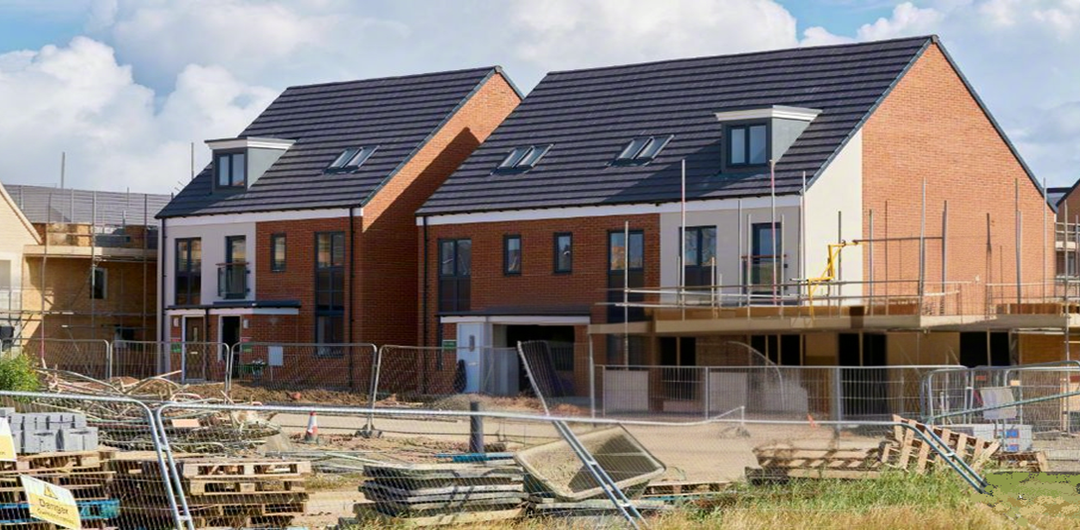Are you a residential property owner? If so, it’s essential to understand the major changes being proposed to Energy Performance Certificates (EPCs) and Minimum Energy Efficiency Standards (MEES). These changes are expected to roll out between 2026 and 2030.
The Current System: Where We Stand Now
Under current rules:
- All rented properties must meet at least EPC rating ‘E’.
- EPCs are valid for 10 years and are only required at point of sale, let, or marketing.
- Short-term lets and listed buildings are generally exempt from EPC requirements.
What’s Changing?
The government has outlined a number of proposals intended to support its net-zero targets by 2050. These include:
1. A New EPC Framework
EPCs will no longer rely on a single energy rating but instead there will be introduce four new metrics:
- Energy cost – how much a property costs to run
- Fabric performance – how well insulated and airtight the structure is
- Heating system – the efficiency and carbon profile of the heating method
- Smart readiness – whether the property can use smart energy tech effectively
There is also a proposal to shorten the 10-year validity of EPCs and to require renewal even if a tenancy is ongoing.
2. Raising MEES from ‘E’ to ‘C’
The government aims for all private residential sector properties to reach EPC rating ‘C’:
- From 2028 for new tenancies
- From 2030 for all existing tenancies
This represents a substantial increase in required energy performance and may necessitate more costly upgrades to insulation, windows, and heating systems.
3. Cost Cap Increases and Exemptions
- The proposed new cost cap is £15,000, replacing the current £3,500 limit.
- The exemption may last 10 years instead of 5.
- A new “affordability exemption” may be introduced, tailored to the property’s rental income and return on investment.
4. Short-Term Lets and Heritage Buildings Included
Properties previously exempt – such as holiday lets and listed buildings – may soon be brought into the MEES framework.
This is particularly concerning for owners of rural or traditionally constructed buildings, where upgrades may be more expensive or impractical.
What Does This Mean for You?
Taking action early will reduce disruption and financial pressure. Begin assessing your properties and budgets ahead of the 2026–2030 rollout.
Although the goals are environmentally driven, they bring practical and financial implications for residential property owners which need to be considered.
At Frank Smith & Co. Solicitors, we’re here to help you:
- Understand your compliance obligations
- Navigate exemption rules
- Protect your investment strategy
Contact our residential conveyancing department on 01242 801 748 or visit www.franksmithandco.com
22.4.25
